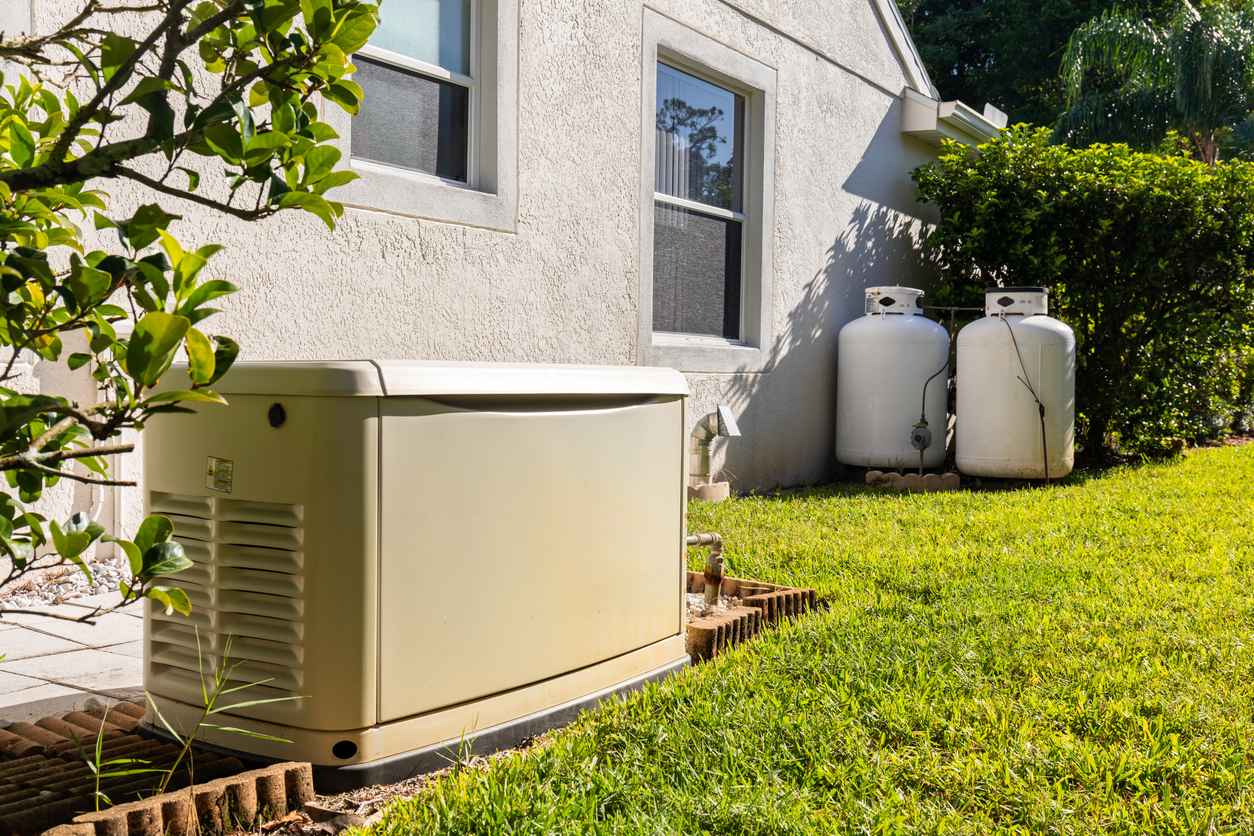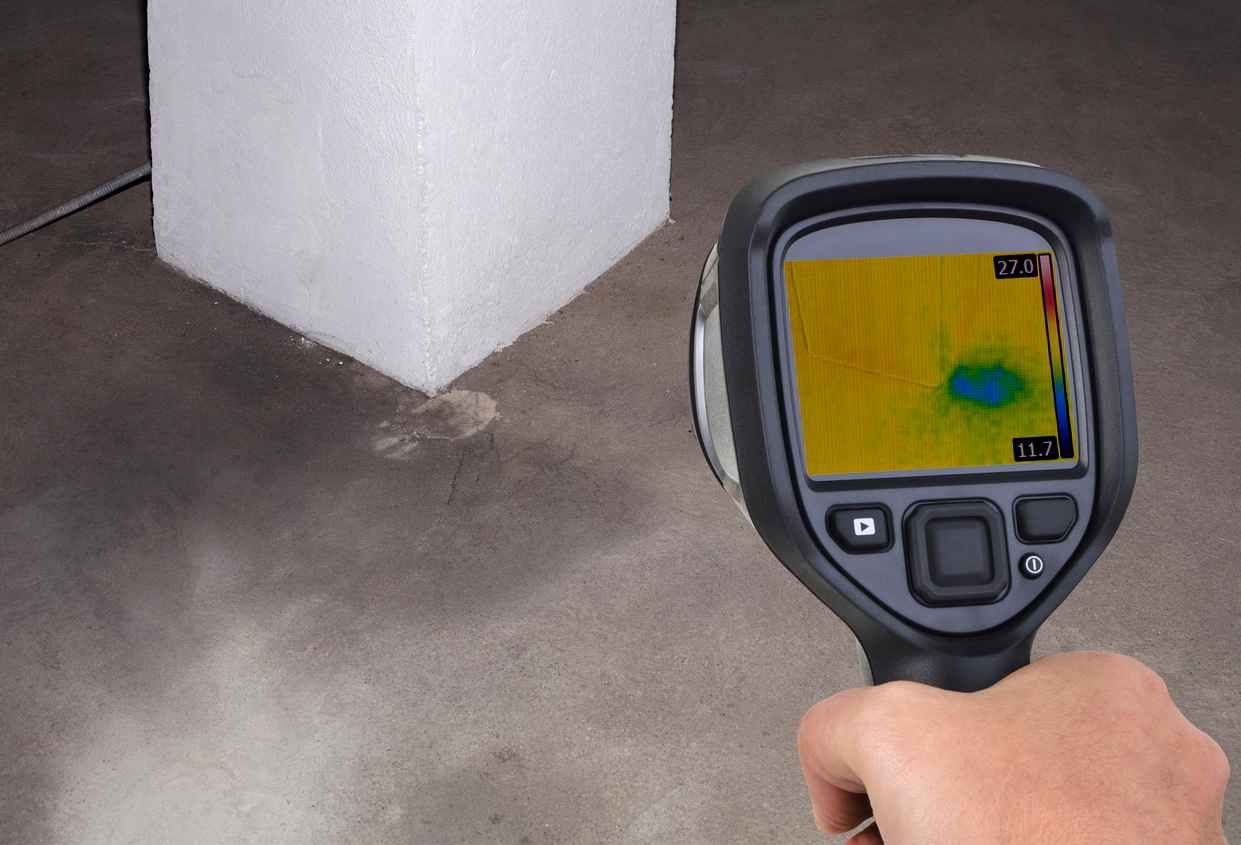4.8 Google Rating
What Do You Do When Your Basement Floods?
As a homeowner with a basement, what is your worst fear when it comes to your basement space? Walking down the steps to discover a flood? Yeah, that’s our worst fear too. It’s important to know what you should do when this happens — before you become victim to a basement flood yourself.
How Basements Can Flood
The unfortunate and harsh reality for basement owners is that there are multiple ways for a basement to flood.
- Burst Pipe – Many plumbing lines that run through the house will oftentimes run through the basement. These plumbing lines can usually be found behind walls or running along with the ceiling, underneath the upstairs floor. A clog, freezing temperatures (in winter), or high water pressure can cause a pipe to burst or crack, resulting in the basement filling with water.
- Excessive Rain – Rain can be dangerous when it comes in copious amounts, but what’s really dangerous is having a poor gutter system. Gutters with cracks, holes, improper slope and poor channeling ability will cause rainwater to collect at the base of your home. This can cause flooding close on the property of your home, where the water can eventually make its way into your basement.
What to Do When You Discover a Basement Flood
When you make your way down the stairs and discover a swimming pool where your basement floor used to be, stay calm and act fast!
- Shut the Water Off – If water is pouring out of a burst or leaking pipe, head directly to the main water shutoff valve and close it to stop all flow of water in your home. It’s important that you know where this valve is located long before a plumbing problem arises. Being able to locate the valve and shut the water off can minimize the amount of damage that a plumbing leak can cause.
- Address the Gutters – If your gutter system has a damaged area where it’s causing water to pool right at the foundation of your home, have it repaired or replaced ASAP. Ensure the rainwater channels from the roof to the gutters and downspout, and is channeled to the ground below at a safe distance away from your home.
How to Remove the Water
Every single basement should have a sump pump installed, no matter what. Every. Single. One.
A sump pump will automatically turn on and begin removing water from the basement as soon as it begins filling with water. Therefore, even though a small amount of water may begin to collect in your basement, a flood will not occur because your sump pump will be busy removing water as it collects.
This is one plumbing fixture that can save you thousands upon thousands of dollars from water damage, restoration, and mold removal bills. A sump pump isn’t just an investment, it’s basically your basement’s version of flood insurance!
Dealing with a flooded basement can be a sad and defeating time, but it’s important to know what to do when it does happen. To help prevent one from ever happening in the future, make sure your basement is equipped with the proper sump pump.
Just give us a ring and we’ll come over to talk about the details! You’ll thank us later when your sump pump saves you from standing in knee-deep water.





